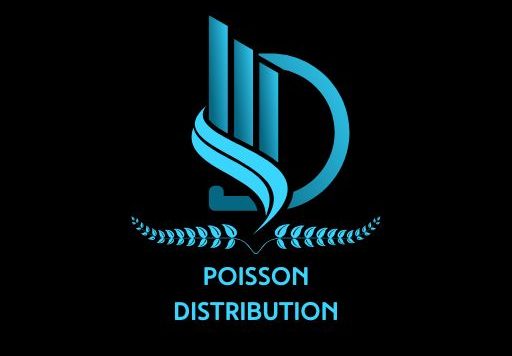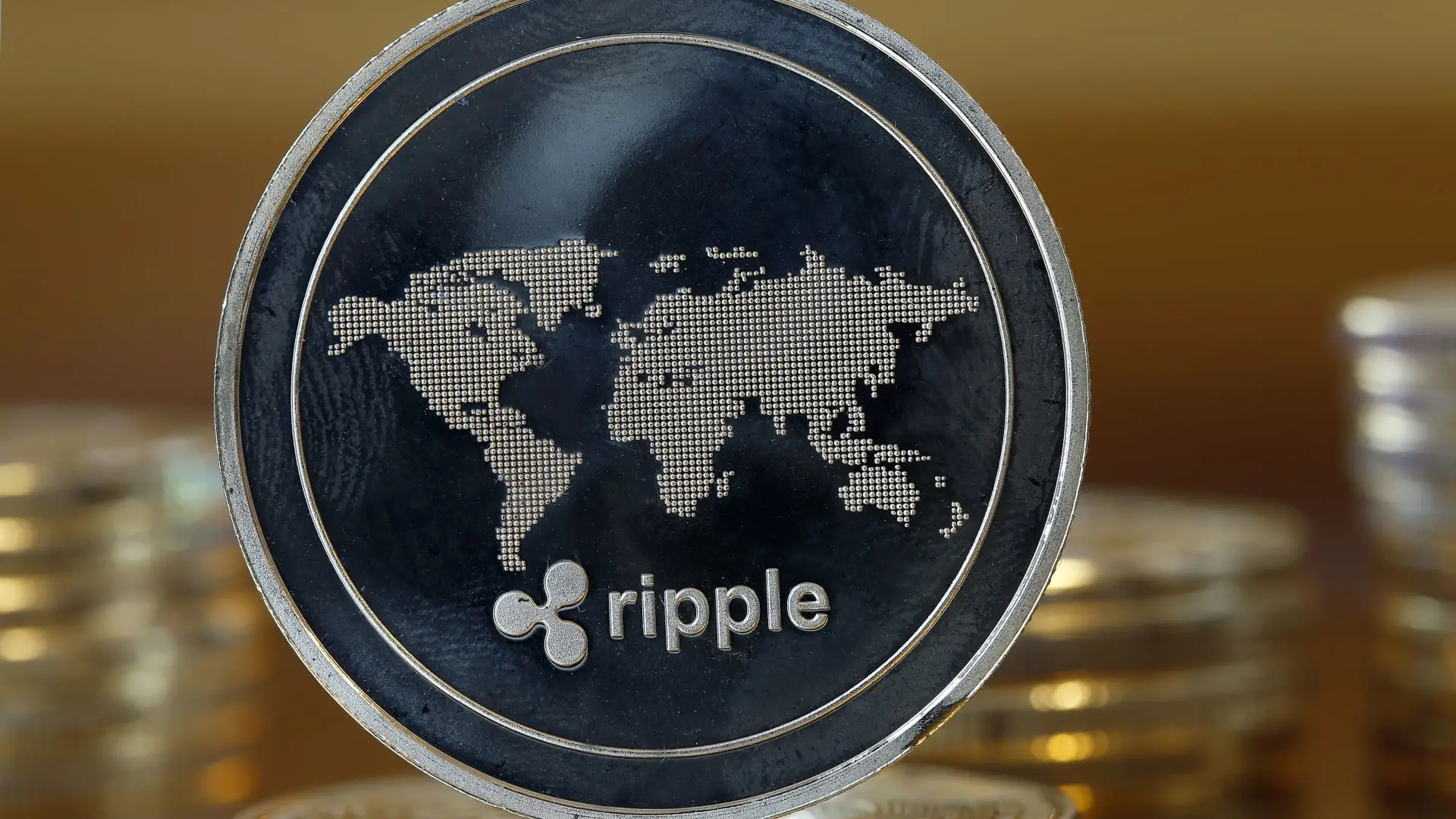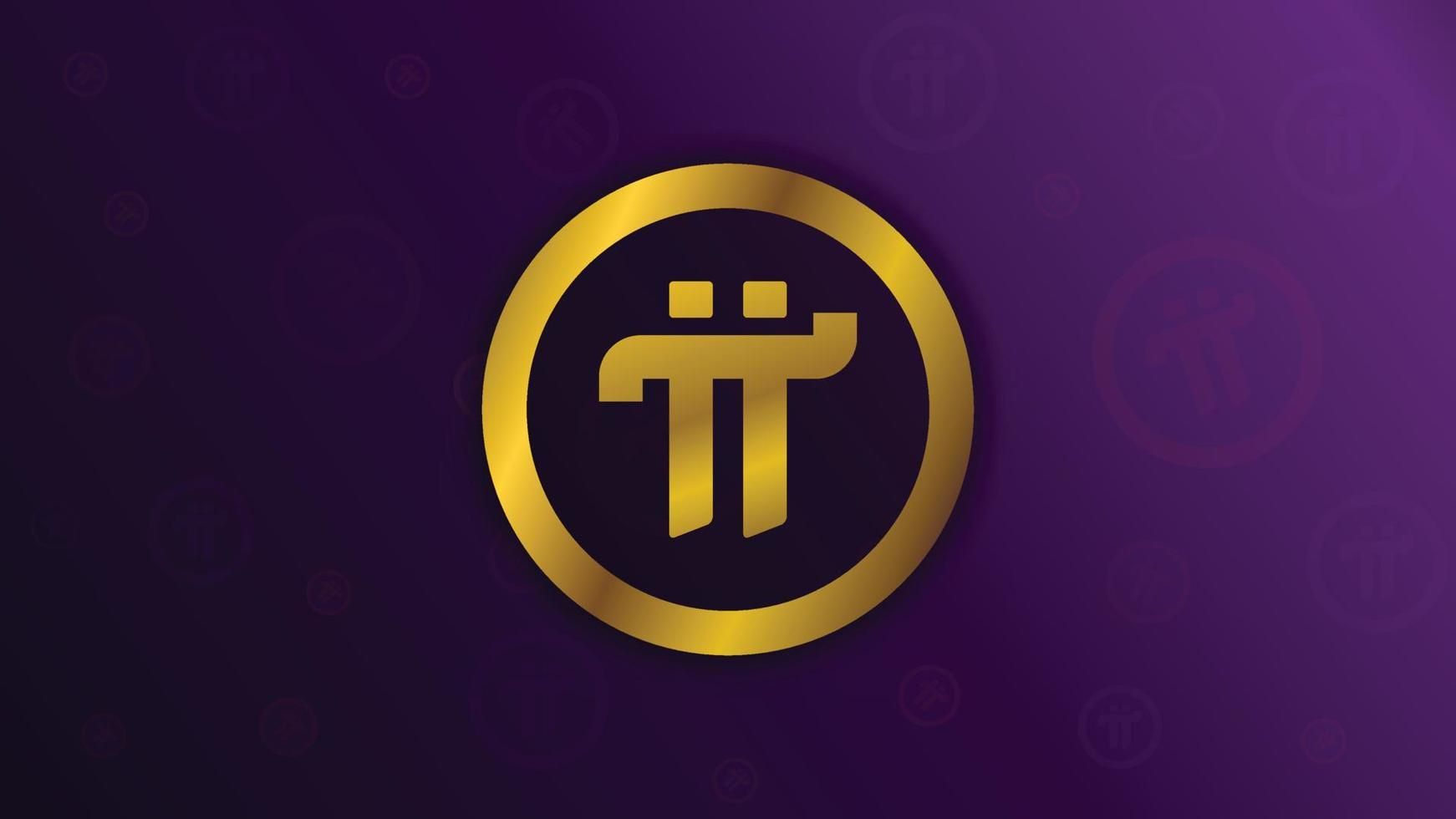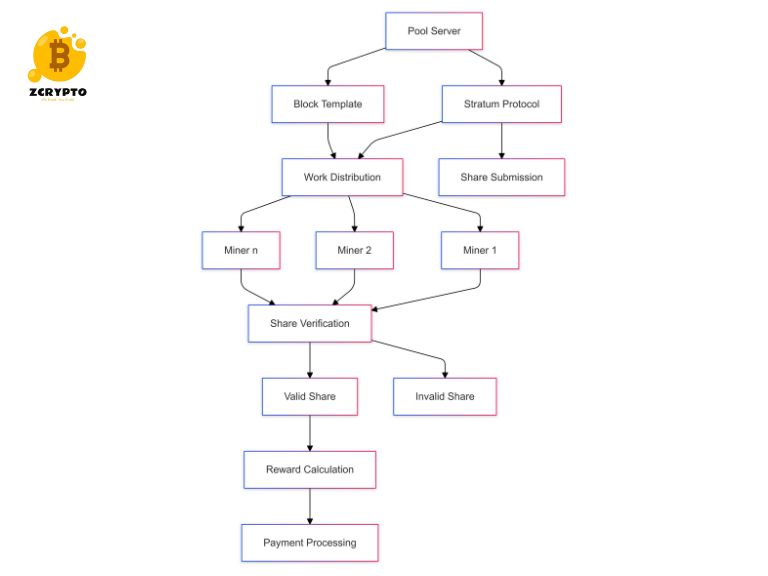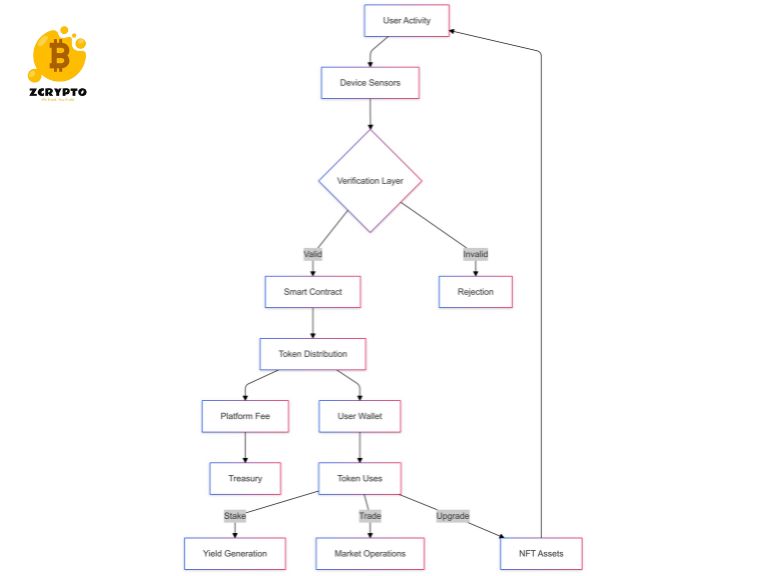What is Autarky?
Autarky is a policy of national economic self-sufficiency and independence. It involves creating a closed economy with limited or no international trade, where the country relies solely on its own resources and production capabilities to meet its needs. This approach is characterized by self-reliance in both production and consumption.
- Mastering Acquisition Accounting: Tips and Strategies for Seamless Financial Integration
- What is Move to Earn? A Technical Analysis of Performance-Based Cryptocurrency Rewards
- How Bank Stress Tests Ensure Financial Stability: A Comprehensive Guide
- Business Development Company (BDC): Definition, Investment Guide, and Benefits
- What is Network Effect? Analyzing Value Growth in Connected Systems
The etymology of autarky traces back to Greek roots, reflecting an idea that has been discussed by philosophers such as Georg Friedrich Hegel and economists like Friedrich List. These thinkers argued that economic independence could strengthen a nation’s political sovereignty and reduce its vulnerability to external economic pressures.
Bạn đang xem: Understanding Autarky: The Pros and Cons of Economic Self-Sufficiency in Global Markets
Historical Examples of Autarky
Nazi Germany
One of the most notable historical examples of autarky is Nazi Germany during World War II. The Nazi regime implemented autarkic policies to ensure strategic supply chains were secure during wartime. This included efforts to become self-sufficient in critical goods such as food, energy, and raw materials.
North Korea
North Korea is a contemporary example of a country practicing autarky due to both intentional self-reliance and imposed international sanctions. The country’s isolationist policies have led to significant economic challenges but also a high degree of independence from external influences.
Other Historical Examples
In the 16th-18th centuries, Western European countries practiced mercantilist policies, which shared some characteristics with autarky by emphasizing domestic production over foreign trade. Another significant example is the Smoot-Hawley Tariff Act in the 1930s, which raised tariffs on imported goods in an attempt to protect American industries but ultimately contributed to the worsening of the Great Depression.
Pros of Autarky
National Security
One of the primary arguments in favor of autarky is national security. By reducing dependence on foreign nations for critical goods such as food and energy, a country can better protect itself against potential supply chain disruptions or political coercion.
Political Independence
Autarky also enhances political independence by minimizing external political and economic influence. This can be particularly appealing to nations seeking to maintain their sovereignty in a globalized world.
Populist Arguments
From a populist perspective, autarky can be seen as a way to keep domestic spending at home and support local industries. This approach can resonate with citizens who feel that globalization has led to job losses and economic instability.
Cons of Autarky
Economic Downsides
Despite its potential benefits, autarky comes with significant economic downsides. It can lead to stagnation of economic growth due to the lack of competition and innovation that international trade brings. Additionally, production costs often increase because domestic industries may not benefit from economies of scale or comparative advantages.
Global Supply Chain Challenges
In today’s interconnected world, achieving complete economic isolation is nearly impossible due to global supply chain challenges. Modern production processes often rely on international networks for raw materials, components, and labor.
Consumer Impact
Xem thêm : How to Calculate and Manage Allowance for Credit Losses: A Comprehensive Guide
Autarkic policies can have a direct impact on consumers through artificially inflated prices and reduced product choices. Protectionist measures like tariffs can make imported goods more expensive while limiting access to diverse products available through global trade.
Economic Theories and Critiques
Adam Smith and David Ricardo
Classical economists like Adam Smith and David Ricardo argued strongly against autarky in favor of free trade. They emphasized the benefits of specialization based on absolute and comparative advantages, which enhance economic efficiency and growth.
Modern Economic Consensus
The broad consensus among modern economists is that free trade enhances economic growth and stability while protectionism hinders it. Open markets allow countries to specialize in what they produce best, leading to greater efficiency and lower prices for consumers.
Modern Implications and Case Studies
Impact of Sanctions
Countries under international sanctions often find themselves forced into a state of autarky. For example, Russia has faced various sanctions that have pushed it towards greater self-reliance in sectors like agriculture and energy. Similarly, North Korea’s isolation has been exacerbated by sanctions that limit its access to international markets.
Partial Autarky
Some countries opt for partial autarky, focusing on self-sufficiency in specific sectors rather than across the entire economy. For instance, South Korea has made significant strides in becoming self-sufficient in food production while still engaging in global trade for other goods.
Nguồn: https://poissondistribution.lat
Danh mục: Blog
